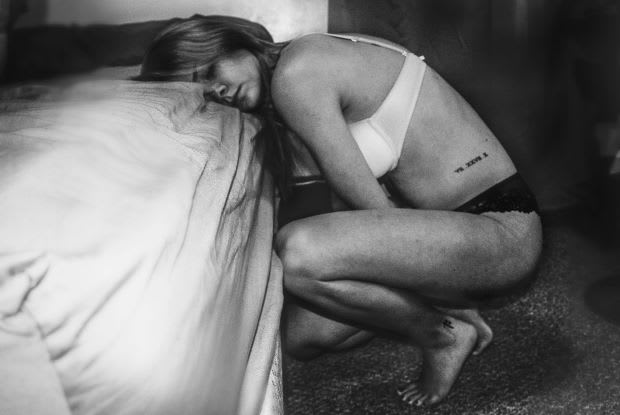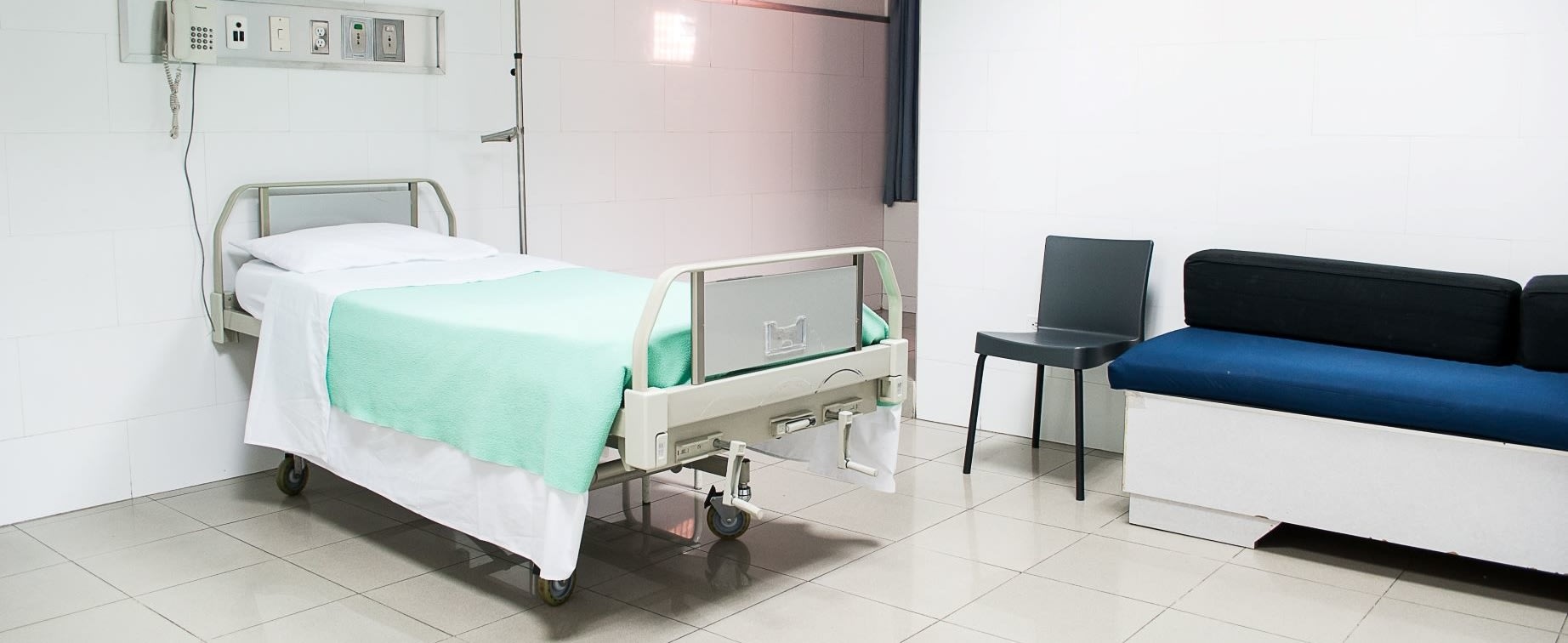Table of Contents
Gastric motility disorders can significantly impact normal digestion and a person’s quality of life. These disorders can begin way up in the esophagus and extend down to the anus. If you notice issues with your digestion like an upset stomach, abdominal pain, bloating, nausea, or vomiting, you may want to consult a gastroenterologist. Your doctors will diagnosis your specific motility disorder and create a treatment plan.
There are several drugs available to prevent nausea and vomiting, like Zofran (ondansetron), Reglan (metoclopramide), and Motilium. Unfortunately, Motilium is not available in the United States for gastric issues, but many American doctors advise their patients to get domperidone from Canada. If that is an option for you, you can get discount medications like Motilium at Canada Pharmacy Depot.
Motility disorders are chronic and cannot be cured. The symptoms can be treated, but these lifelong conditions come with an increased risk of complications. Read on to learn more about possible complications that may occur with gastric motility disorders. [1]

How Gastric Motility Disorders can cause Dehydration
The majority of gastric motility disorders can cause diarrhea and vomiting, which comes with the risk of dehydration. Your body needs a certain amount of fluid to function, and if you are losing more water than you are consuming, you may be in a life-threatening situation. Inflammatory bowel disease (IBD), IBS with diarrhea, and gastroparesis are motility disorders that may cause dehydration. If you experience the following symptoms, you may be dehydrated:
- Headaches
- Dry mouth
- Darker colored urine
- Feeling thirsty
Severe dehydration is a serious condition and can lead to hospitalization or death. If you have severe dehydration, you’ll experience the above symptoms plus the following:
- Dizziness
- Dry skin
- Confusion
- Irritability
- Loss of consciousness
- Rapid breathing
If your motility disorder causes symptoms of dehydration, you should start drinking fluids as soon as possible. If you are not experiencing symptoms, you should still drink fluids throughout the day to prepare for unexpected fluid loss. [1]
Health experts recommend eight 8-ounce glasses (around a half-gallon) of water each day to stay hydrated. You should try to sip water throughout the day even if you are not thirsty to keep dehydration at bay.
Intestinal Function and Malnutrition
The same symptoms that can lead to dehydration may also cause malnutrition. Nutrition and intestinal function are interrelated. If the gut cannot digest and absorb nutrients to maintain bodily function, you may not be receiving the correct amount of calories. Malnutrition caused by chronic gastrointestinal disease can increase morbidity and mortality in patients. [2]

If you are experiencing symptoms of motility disorders, you may not feel as inclined to eat. No one feels like eating a big three-course meal when they feel bloated or experiencing abdominal pain. If you are eating less and experiencing diarrhea and vomiting, your body is burning and expelling more calories than it is ingesting, leading to malnutrition.
Younger people with motility disorders are more likely to be shorter and grow less than their peers without gastric issues. Malnutrition can also cause other complications, so it is important to consult your doctor if you lose more weight than normal. [2]
Can Motility Disorders cause Bezoars?
Motility disorders occur when food cannot move properly through the digestive tract. Abdominal pain and discomfort can occur if half-digested food and liquid accumulate in the digestive tract. In severe cases, bezoars may form and cause complications.
By definition, a bezoar is a solid mass of indigestible material that can cause a blockage in the digestive tract. Typically, bezoar forms in the stomach but may also occur in the small intestine and sometimes the large intestine. Bezoars are classified by the materials that form them, and the types include:
Trichobezoars: These masses are made of hair-like fibers, such as carpet or clothing fibers. These are common in people with psychiatric illness or developmental disabilities. These compacted hair fibers can fill the stomach and extend into the small intestine. It is also known as “Rapunzel’s syndrome.”
Phytobezoars: These are the most common type of bezoar. Indigestible food fibers from fruit and vegetables can cause a blockage in the stomach. In addition, natural food items like fruits and veggies contain cellulose, which the human body has a hard time digesting. Celery, pumpkin, prunes, raisins, leeks, beets, and sunflower-seed shells are examples of difficult-to-digest foods.
Pharmacobezoars: If you consume medications that are not properly digested, they may accumulate in the digestive tract and cause pharmacobezoars.

Many bezoars pass through the digestive tract, but they may be more serious if you experience a lack of appetite, vomiting, weight loss, and a feeling of fullness after eating little food.
What is a Toxic Megacolon?
Toxic megacolon is a rare complication but deadly if left untreated. It is a major complication of inflammatory bowel disease and can also occur in diabetic patients with gastroparesis. Toxic megacolon occurs when swelling and inflammation of the colon spread into the deeper layers of the colon. When this occurs, the colon ceases to function and widens. The colon may rupture in severe cases and cause septic shock.
The colon may widen over a short period and cause a painful, distended abdomen, fever, and bloody diarrhea. If you notice these symptoms, you should seek medical help to prevent sepsis. If the colon ruptures, sepsis can cause a severe, inflammatory response to bacteria or other germs within the colon.
If your toxic megacolon is caught before serious complications, you may have to take several medicines and undergo bowel decompression. If those treatments do not work, you may have to get surgery to remove all or part of the colon. [3]
The content provided in this article is based on thorough research and in some cases, reviewed by a medical professional. Our goal for the information is to provide helpful, general health informational. It is not intended as a substitute for professional medical advice.
